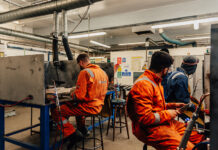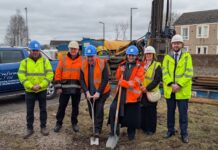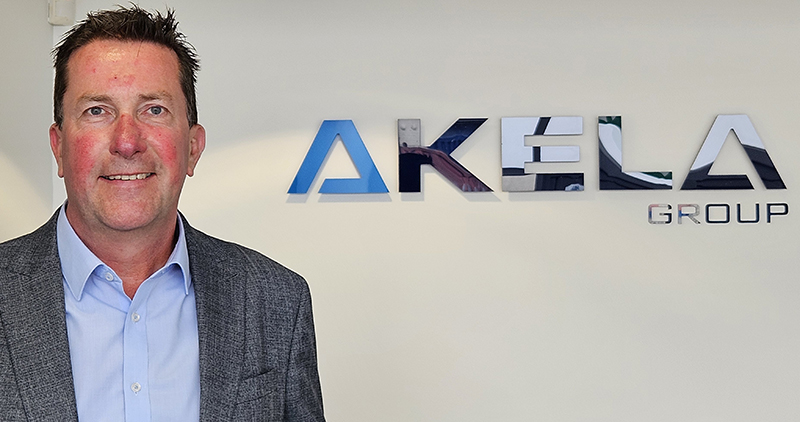
One year into his role as MD at Akela Construction, Robert Ogg tells Project Scotland about market dynamics, workforce shifts, and how Akela is future-proofing its position as a leading civils and construction contractor
Q) What have been some of the highlights of your first year as MD of Akela Construction?
A) It’s been a defining year. Taking on the MD role meant navigating a sector under increasing pressure, while setting out a strategy rooted in long-term value. The introduction of our new three-sector business model – focused on residential infrastructure, civil engineering and energy – has been a pivotal shift. It’s aligned us more closely with national infrastructure priorities and allowed us to respond with greater agility to market demand.
Equally, we’ve invested heavily in our internal culture, embedding new performance protocols and strengthening how we train and engage our people. That transparency and accountability is central to how we operate and why our clients trust us.
Q) How are you finding the market? What challenges and opportunities does Akela see ahead?
A) The delivery environment remains tough. Housing completions are down, budgets are stretched and procurement is complex. But infrastructure demand hasn’t gone away. There’s significant opportunity in energy, transport and utilities if you’re ready to meet it.
Our three-sector model, covering residential infrastructure, civil engineering and energy, gives us the agility to flex with market needs. By consolidating enabling works and building delivery resilience, we’re helping clients navigate uncertainty and deliver with confidence.
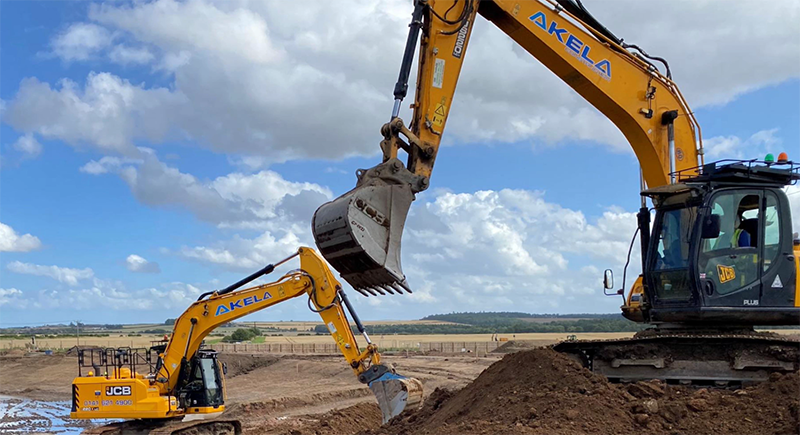
Q) How is Akela tackling sector-wide skills shortages?
A) We see workforce development as infrastructure in its own right. With 30% of our team now under 30 and a goal to reach 50% within five years, we’re not waiting for change, we’re building it. Through the Akela Training Academy, Action for Children and CECA Scotland Academy, we’re opening up career pathways that are sustainable and rooted in place. Our self-delivery model gives us control and accountability, ensuring quality while creating careers, not just placements.
Q) What impact has Scotland’s energy transition had on workforce distribution?
A) There’s no doubt that investment in the north is exciting, but it’s also pulling skills away from the central belt and other regions that still need delivery. We’re seeing a kind of ’reverse Highland Clearances’ creating infrastructure gaps that must be addressed with urgency.
Akela takes a pan-Scotland view. We’re investing in mobility, training and internal infrastructure to ensure capacity across the country, not just where demand is peaking. Scotland needs all regions switched on.
Q) How do we future-proof Scotland’s central belt in the face of these shifts?
A) We need joined-up thinking- across policy, training, planning and pay parity. The central belt remains critical to housing and civic infrastructure, and its long-term role must be protected.
At Akela Construction, we’re positioning ourselves as a trusted partner, ready to deliver across regions and sectors. Our new strategy supports that – driving growth from our bases in Glasgow and Edinburgh while supporting national delivery.
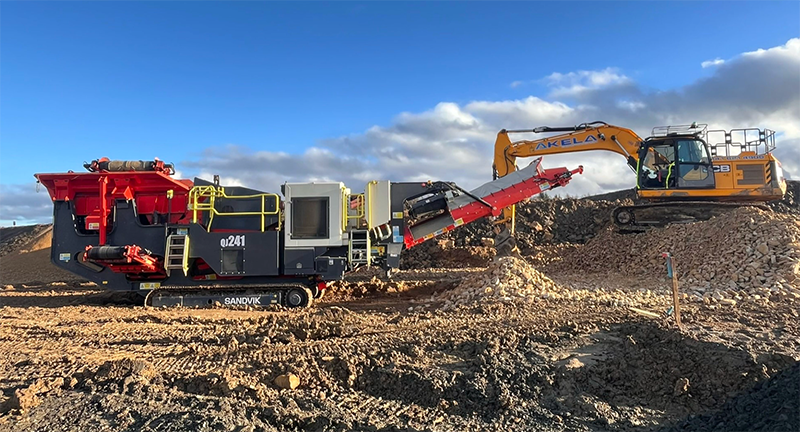
Q) How has the sector adapted to wider economic and geopolitical challenges?
A) The resilience of Scotland’s construction sector is undeniable. But there are limits, and right now, clarity and agility are more important than ever.
We’ve responded by diversifying, operationally and commercially, and focusing on transparent communication and data-driven delivery. Clients know they can trust us to be honest, proactive and adaptable.
Q) What drives Akela’s resilience in this environment?
A) Strategic clarity. Our three-sector model gives us optionality, while our self-delivery approach ensures quality and consistency. That de-risks projects and builds value over time.
It’s also about people. Our training arm, TALA, helps us build the future workforce while retaining control over delivery standards. That’s our blueprint and it’s working.
Q) What can you share about Akela’s long-term vision?
A) We want to be the go-to civil engineering and construction partner across Scotland. That means reliable delivery, high-quality outcomes and lasting relationships.
We’ve pivoted decisively to align with Scotland’s infrastructure priorities and we’re investing in the people, systems and partnerships to make it happen. Our focus is simple – build where Scotland needs delivery most, and do it responsibly, transparently and at pace.





